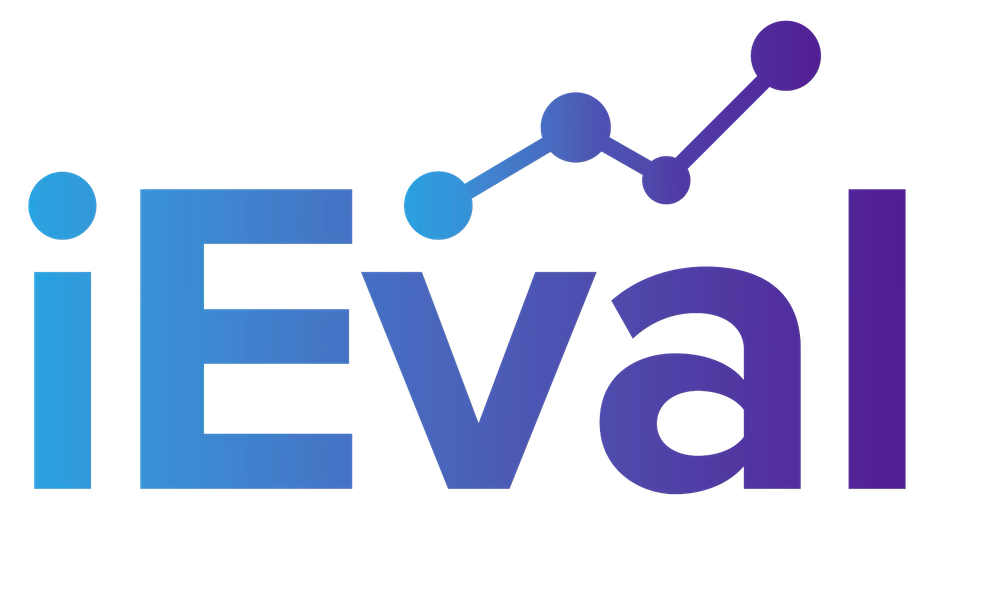My friend, a psychologist, says that a “midlife crisis” is inevitable for everyone. Like learning to walk and going through puberty, midlife is developmental milestone where the human mind grapples with hitting the middle mark. For some this is acted out in extra-marital affairs, buying flashy cars, and drinking too much alcohol. For the more ordinary individual, this is marked by a period of questioning one’s career, relationships, and purpose.
I think I may have hit this milestone a little early this week. Luckily, I think I fall in the ordinary individual grouping—nothing too flashy for me in crisis. But at the young age of 38, I’m beginning to wonder what difference I make as an evaluator. I had the pleasure of spending a day with a group of enthusiastic teachers this week. They were eager, passionate and determined to improve their practice. It was inspiring—and it made me long for the days I spent in the classroom with students.
I also had the misfortune this week of making a huge mistake in exporting data—literally, forgetting to uncheck one box in a data download. It had a negative impact on me and my colleagues. I am plagued with guilt for the time wasted on behalf of my mistake. But more than anything, I was upset by the emotional turmoil this mistake brought. Rationally, I understand that the data is insignificant in the grand scheme of life, but man….what a big mistake at this moment, for this project.
This week, I longed for the simplicity of impacting “humans” in the classroom. It seems so much more straightforward.
However, when I take a step back and look at the work of evaluation in the bigger picture—I do remember that when used correctly, evaluation findings can have a dramatic impact on “humans”…on individuals in classrooms, organizations, and communities. As I push through this midlife hurdle, I attempt to keep the relevance of evaluation work at the center.
I would love to hear from our blog readers about how they stay focused and motivated as evaluators.
KELLEY’S USEFUL TIP: One way I’ve found meaning in my work is by using my skills in a volunteer capacity in my community. I serve on several local boards and councils where I am able to dive into issues that are especially important to me (e.g., at-risk youth, low-income housing) and bring an evaluation lens to the table.

